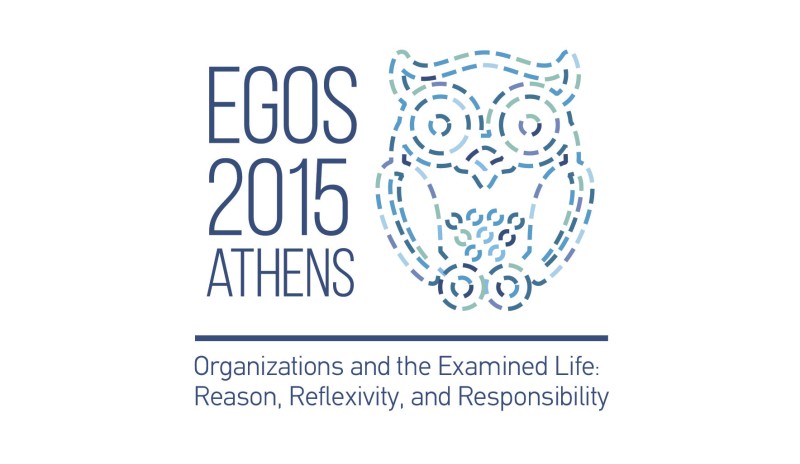Sub-theme 56: Reflections on New Worlds of Work
Call for Papers
Work can be described by any number of terms: painful, joyful, boring, fun, easy, hard, meaningful, and a host of
others. As Stanley Udy (1970) noted in his world survey of work, "Most people think of work as some activity that entails
physical and mental effort. Beyond this point of agreement one encounters a wide variety of notably contradictory ideas about
what work is" (p. 2). Work allows for participants to project a variety of ideas and meanings upon it, acting as both a reflection
of and a vessel for who they are or want to be. In that sense, our reflections on our work provide insightful windows into
ourselves and the kind of lives we aspire to pursue.
This sub-theme aims to convene a group of scholars examining
"reflections on new worlds of work" from a range of theoretical viewpoints and methodological perspectives. By reflections
on new worlds of work, we mean in-depth studies that rely primarily on data collected from or produced by participants in
various new or emerging worlds of work. In doing so, our hope is to capture and better understand the shifting worlds of work
that are re-shaping our society.
We are particularly interested in scholarship that examines shifts in the nature
of work and the tensions and opportunities that mark a variety of emergent work forms. Whether the decreasing stability of
work in the EU, the rise of temporary and contract work in a variety of developed economies, the growth of work performed
remotely, the increased remote-monitoring of work, the growing automation and computerization of work or other forces, a variety
of developments in recent years has introduced rich opportunities to revisit work itself.
The set of forces reshaping
forms of work sets the stage for any number of "social dramas" to unfold in the workplace. Victor Turner developed the notion
of social drama to denote a mechanism that provides an interpretation and meaning for a host of rituals, ceremonies, narratives,
events, or plots that contest social contexts (Turner, 1968; 1974). In effect, social dramas are "devices" which use symbolic,
stylistic and aesthetic behavior to expose the sources of social and cultural assumptions as well as interpret and use these
assumptions as a springboard for action. Whenever individuals reflect on their work, they enact – at a micro-level – a social
drama. This drama can provide meaning, insight, and guidance to why and how work gets performed.
Recent scholarship
has investigated a variety of unfolding social dramas in a wide range of work contexts. Whether in manufacturing plants, home
offices, hospitals, and more, work meanings are constantly being reimagined, challenged, and redefined. What can be learned
from recent inquiries into those meanings? What new directions do they suggest? And how might they reflect and echo broader
societal dynamics? Our sub-theme aims to look at micro workplace dynamics to illuminate more macro trends. Our hope is to
build on reflections on new worlds of work to better understand these broader shifts.
References
- Turner, V. (1968): The Drums of Affliction: A Study of Religious Processes among the Ndembu of Zambia. Oxford: Clarendon Press.
- Turner, V. (1974): Dramas, Fields and Metaphors: Symbolic Action in Human Society. Ithaca, NY: Cornell University Press.
- Udy, S.H. (1970): Work in Traditional and Modern Society. Englewood Cliffs, N.J.: Prentice-Hall.


